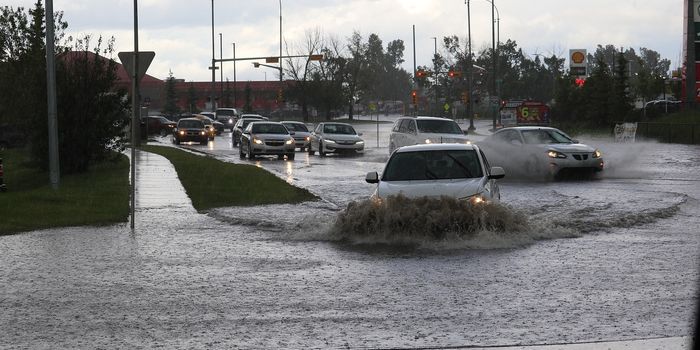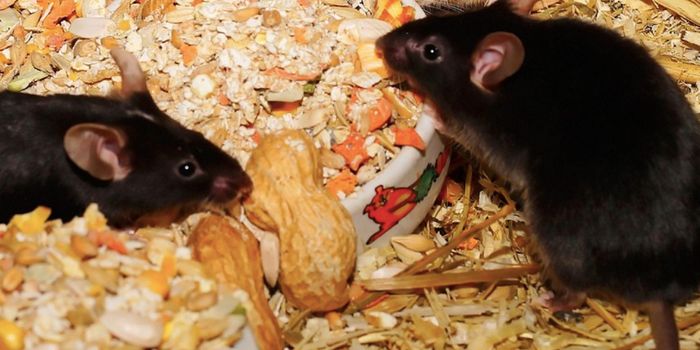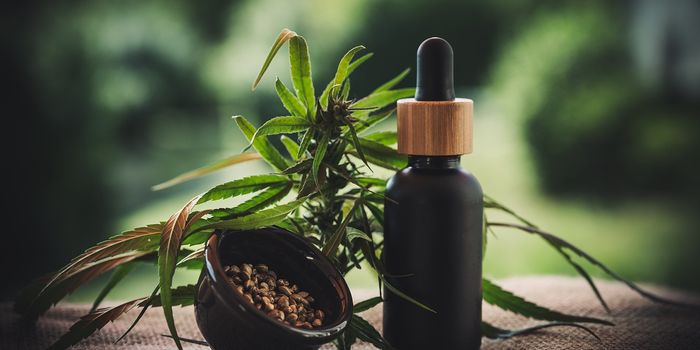Environmentally-Friendly Ways to Dispose of Your Christmas Tree
It’s that time of year again. Christmas trees are being bought from tree farms or pulled out of storage and filling our homes with lights and holiday cheer, with an estimated 95 million trees expected to be put up in homes around the U.S.—real and artificial trees combined. That’s a lot of trees!
As we select our tree this year, we may find ourselves wondering yet again: is it better to get a real tree or a fake tree? The truth of the matter, according to horticulture and forestry researcher Dr. Bert Cregg, is that there are a lot of factors to consider when determining the environmental impact of your tree. For example, how long do you keep your fake tree? How far do you drive (and therefore, how much carbon emissions do you produce) getting a real one? Basically, there’s so much more that goes into determining the environmental impact of your tree, and it’s not always cut and dry which option is better.
A better question to ask ourselves is what to do with our tree after the holiday season. Here are a few things to keep in mind when it comes to taking down your tree:
Artificial Christmas Trees
Artificial trees undoubtedly create a lot of CO2, both in how they’re made and how they’re shipped around the world to your home. They also aren’t recyclable, which means once you're done with your fake tree, it goes straight to a landfill. So, if you do choose a fake tree, make sure that you box it up and keep using it year after year: that, at least, spreads the CO2 out over many years.
Real Christmas Trees
Real trees are actually a very environmentally-conscious choice, and they actually don’t contribute to deforestation; in fact, they actually support forest health through short-term reforestation. Many Christmas trees are produced on farms that exist for the explicit purpose of preventing vast deforestation.
But that doesn’t make disposal of a real tree any easier. It’s estimated that over the life of your tree, it’s absorbed up to 20 pounds of CO2, and we wouldn’t want that going back up into the atmosphere. That’s why it’s important to avoid burning your tree or allowing it to go to a landfill. Instead, consider chopping it up into wood chips or leaving it up in your backyard for animals to use.








